Gareth Ward poses dilemma for election winner
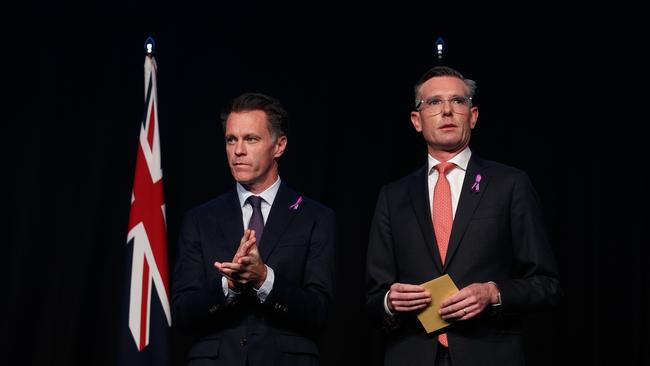
The next premier of NSW may result from horsetrading after the election as each major party seeks to shore up enough seats to form a working majority in the state’s lower house. The kingmakers of the next parliament may include the holder of one particularly intriguing seat, Kiama, on the south coast. It has been held since 2011 by Gareth Ward, a former Liberal minister, who is recontesting as an independent, despite having been suspended from parliament and expelled from the Liberal Party.
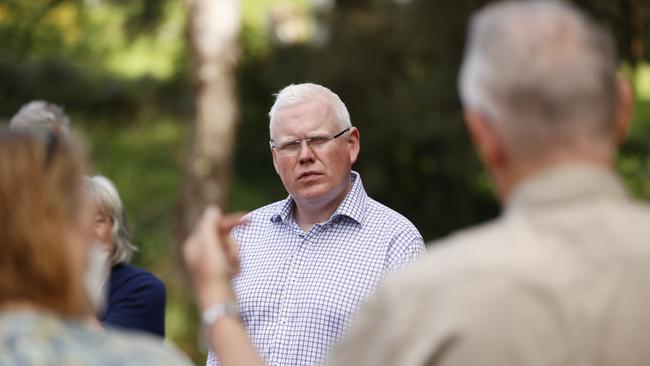
If he wins he may present a dilemma for the major parties should they need his vote to form government. Ward was suspended from parliament after being charged with offences involving historic sexual abuse. He maintains his innocence and his matter has yet to go to trial. The suspension excludes him from the parliamentary precincts, meaning he cannot take part in the proceedings of parliament. However, he has continued to receive his salary, can use his electorate office and remains the local member.
Politicians in Ward’s position tend to exit parliament at the first available opportunity. Instead, he has doubled down by indicating he has every intention to continue to serve his community. It looked like the Liberal Party might gift the seat to Ward or Labor due to the local branches failing to preselect a candidate.
The party remedied this in a surprise move the night before nominations closed by choosing Melanie Gibbons to contest the seat after she lost preselection as the sitting MP for her seat of Holsworthy. If Ward retains his seat as an independent, he again faces the possibility of suspension by parliament. Premier Dominic Perrottet says he favours this, and that Ward should not expect to sit in parliament while facing serious criminal charges, even if his community sends a strong signal on Saturday that they want him to continue as their representative.
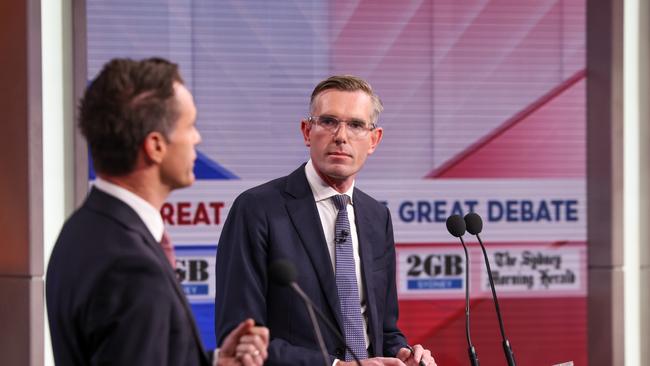
It is one thing though to suspend a member when issues unknown to voters arise midterm, and another again to suspend a member immediately after being re-elected. The latter means denying the community the representative they have chosen in full knowledge of the unresolved charges facing them. It may be, for example, that the community re-elects Ward because they believe strongly in the presumption of innocence and because, if he is ultimately convicted, this is when his seat should be vacated.
Immediate suspension after the election is also problematic because the Kiama community may be without representation in parliament for a good part of the next term. Criminal processes can take years, and even if the matter proceeds to trial and Ward ends up being convicted, this might be followed by a lengthy appeals process. Ward may consider court action to overturn his suspension. He might argue that parliament breached the basic principles of representative democracy embodied in the NSW Constitution by denying the decision of his electorate to return him to parliament. It is unlikely this argument would succeed. Courts are reluctant to consider the internal workings of parliament, let alone interfere in such matters. It is also well accepted that the NSW parliament has the power to suspend, or even expel, members to preserve its proper functioning.
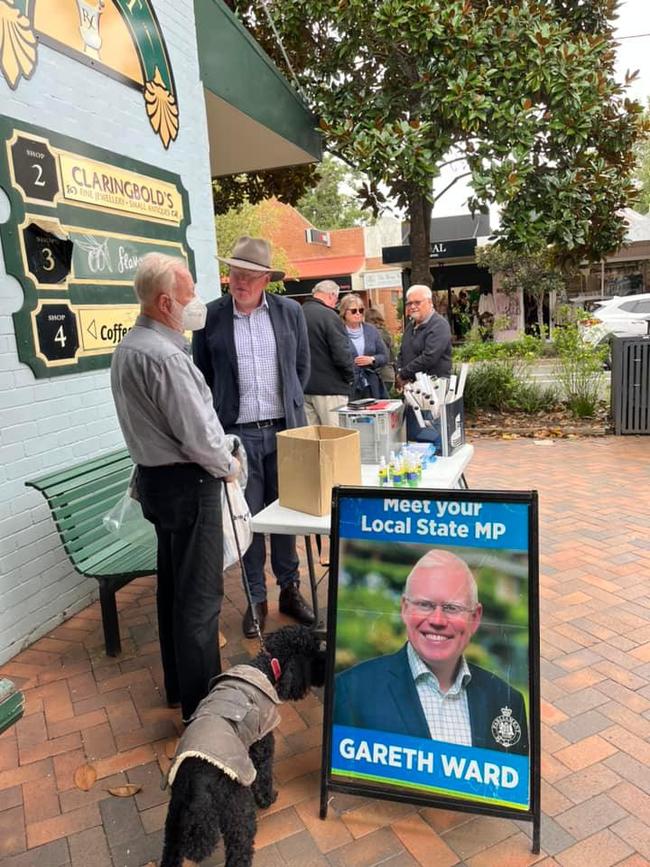
Whether Ward is suspended if he wins his seat will likely have more to do with politics than law. The outcome may be affected by the composition of the next NSW parliament. In a hung parliament, Ward could be in a prime position with other crossbenchers to determine the next premier of NSW, and in doing so to negotiate benefits for his electorate. Despite this, Perrottet and Minns have suggested they would not do a deal with Ward or rely on his vote to form government.
That is easy to say now, but harder to hold to in the aftermath of an election if Ward’s vote becomes important, or potentially even decisive, in the numbers game of determining who forms government. Long experience shows that what politicians say prior to an election may go out the door after a poll if they need to strike a deal to secure power. It may be that one side of politics favours self-interest over suspending Ward to preserve the dignity of the house.
George Williams is a Deputy Vice-Chancellor and Professor of Law at the University of New South Wales


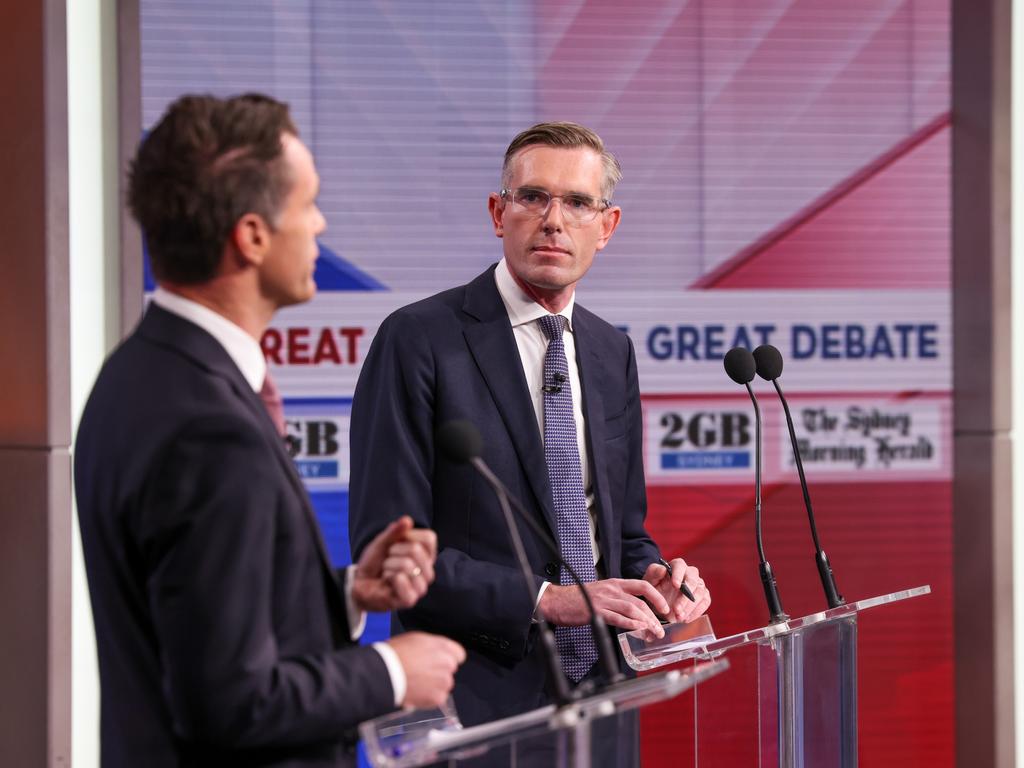
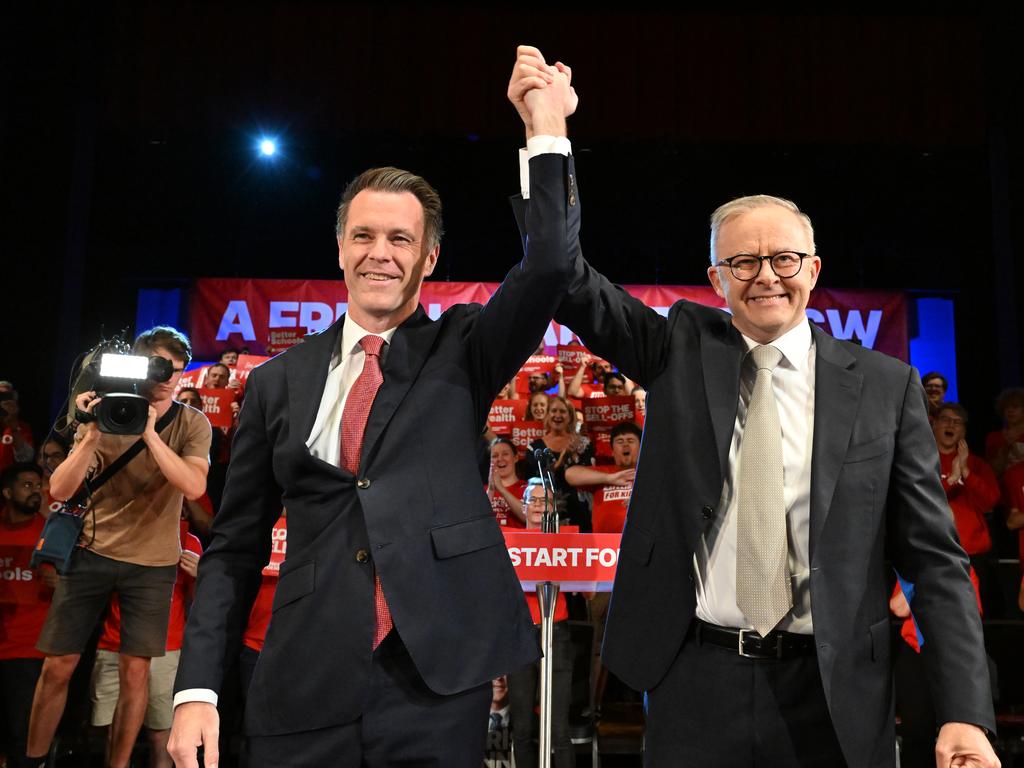



The NSW election on Saturday is shaping up to be close. Chris Minns’ Labor looks like it will win seats, but perhaps not the 11 it needs for a majority. The state may face yet another hung parliament in which independents and minor parties determine who forms government.